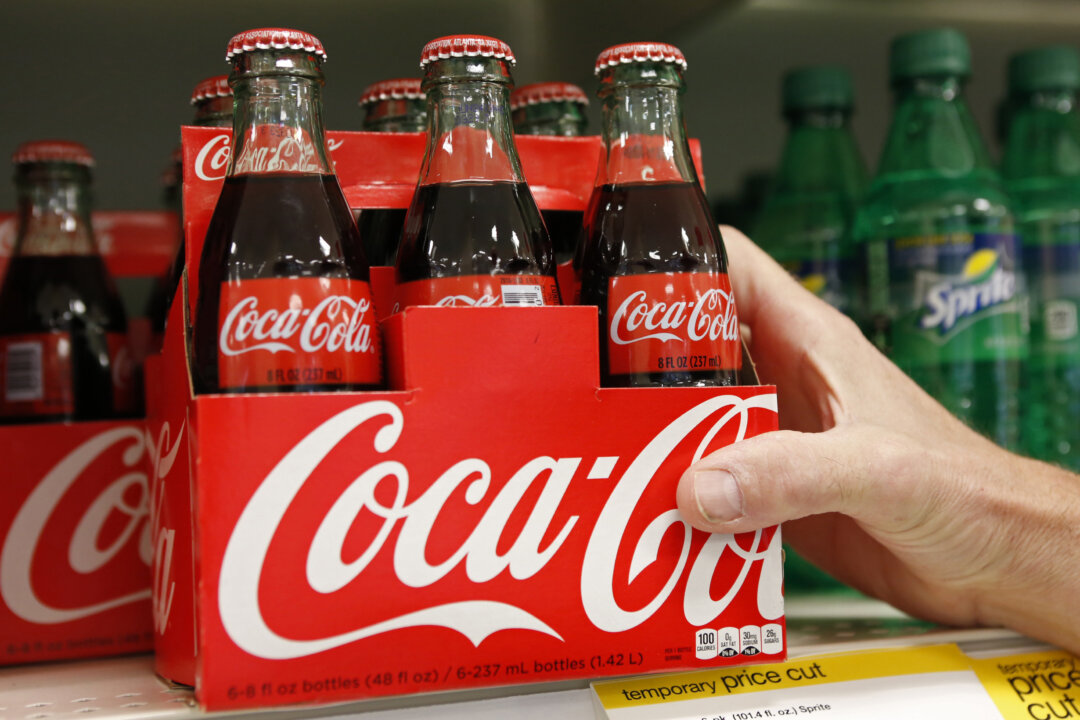Health
Federal Judge Dismisses Lawsuit Against Kraft, Coca-Cola Over UPFs

A federal judge dismissed a lawsuit on August 25, 2024, against major food and beverage manufacturers, including Kraft Foods and Coca-Cola. The case was brought by 19-year-old Bryce Martinez, who claimed that these companies designed ultra-processed foods (UPFs) to exploit the brain’s physiological structures, leading to addiction and health issues. Martinez asserted that his consumption of these products resulted in serious medical conditions, including Type 2 diabetes and non-alcoholic fatty liver disease.
In her ruling, U.S. District Judge Mia Perez stated that Martinez did not provide sufficient evidence for the lawsuit to proceed. While she expressed concern about the marketing and production practices of UPFs, she ultimately concluded that the legal requirements for the case had not been met.
Concerns About Ultra-Processed Foods
The lawsuit highlighted growing concerns regarding the health impacts of ultra-processed foods, which are often high in sugar, salt, and unhealthy fats. Martinez’s complaint suggested that these products are intentionally engineered to be addictive, fostering unhealthy eating habits among consumers, particularly children.
Judge Perez acknowledged the troubling nature of UPFs and their marketing strategies, particularly their impact on young people. “I am deeply concerned about the practices used to create and market UPFs,” she stated. Despite her concerns, the legal framework did not support the claims made in Martinez’s lawsuit.
The ruling has sparked discussions about the responsibility of food manufacturers in promoting healthier eating habits. Critics argue that companies like Kraft and Coca-Cola must take greater accountability for the health consequences of their products.
Implications for Food Industry Regulations
This dismissal may have significant implications for future lawsuits targeting the food and beverage industry. Legal experts suggest that the outcome could influence how courts interpret claims related to food marketing and consumer health. Although this particular case did not succeed, it reflects a broader trend of increasing scrutiny on ultra-processed foods and their role in public health.
Advocates for healthier food systems continue to pressure manufacturers for transparency and better practices. As consumer awareness grows, it remains to be seen how major food companies will adapt to changing expectations regarding health and nutrition.
In the aftermath of this ruling, stakeholders in the food industry will likely keep a close watch on future legal challenges and public sentiment regarding the health effects of ultra-processed foods. The dialogue surrounding food safety and consumer health is increasingly relevant, and this case may serve as a pivotal moment in that ongoing conversation.
-

 Technology4 months ago
Technology4 months agoDiscover the Top 10 Calorie Counting Apps of 2025
-

 Health2 months ago
Health2 months agoBella Hadid Shares Health Update After Treatment for Lyme Disease
-

 Health3 months ago
Health3 months agoErin Bates Shares Recovery Update Following Sepsis Complications
-

 Technology3 weeks ago
Technology3 weeks agoDiscover 2025’s Top GPUs for Exceptional 4K Gaming Performance
-

 Technology2 months ago
Technology2 months agoElectric Moto Influencer Surronster Arrested in Tijuana
-

 Technology4 months ago
Technology4 months agoDiscover How to Reverse Image Search Using ChatGPT Effortlessly
-

 Technology4 months ago
Technology4 months agoMeta Initiates $60B AI Data Center Expansion, Starting in Ohio
-

 Technology4 months ago
Technology4 months agoRecovering a Suspended TikTok Account: A Step-by-Step Guide
-

 Health4 months ago
Health4 months agoTested: Rab Firewall Mountain Jacket Survives Harsh Conditions
-

 Lifestyle4 months ago
Lifestyle4 months agoBelton Family Reunites After Daughter Survives Hill Country Floods
-

 Technology3 months ago
Technology3 months agoUncovering the Top Five Most Challenging Motorcycles to Ride
-

 Technology4 weeks ago
Technology4 weeks agoDiscover the Best Wireless Earbuds for Every Lifestyle













